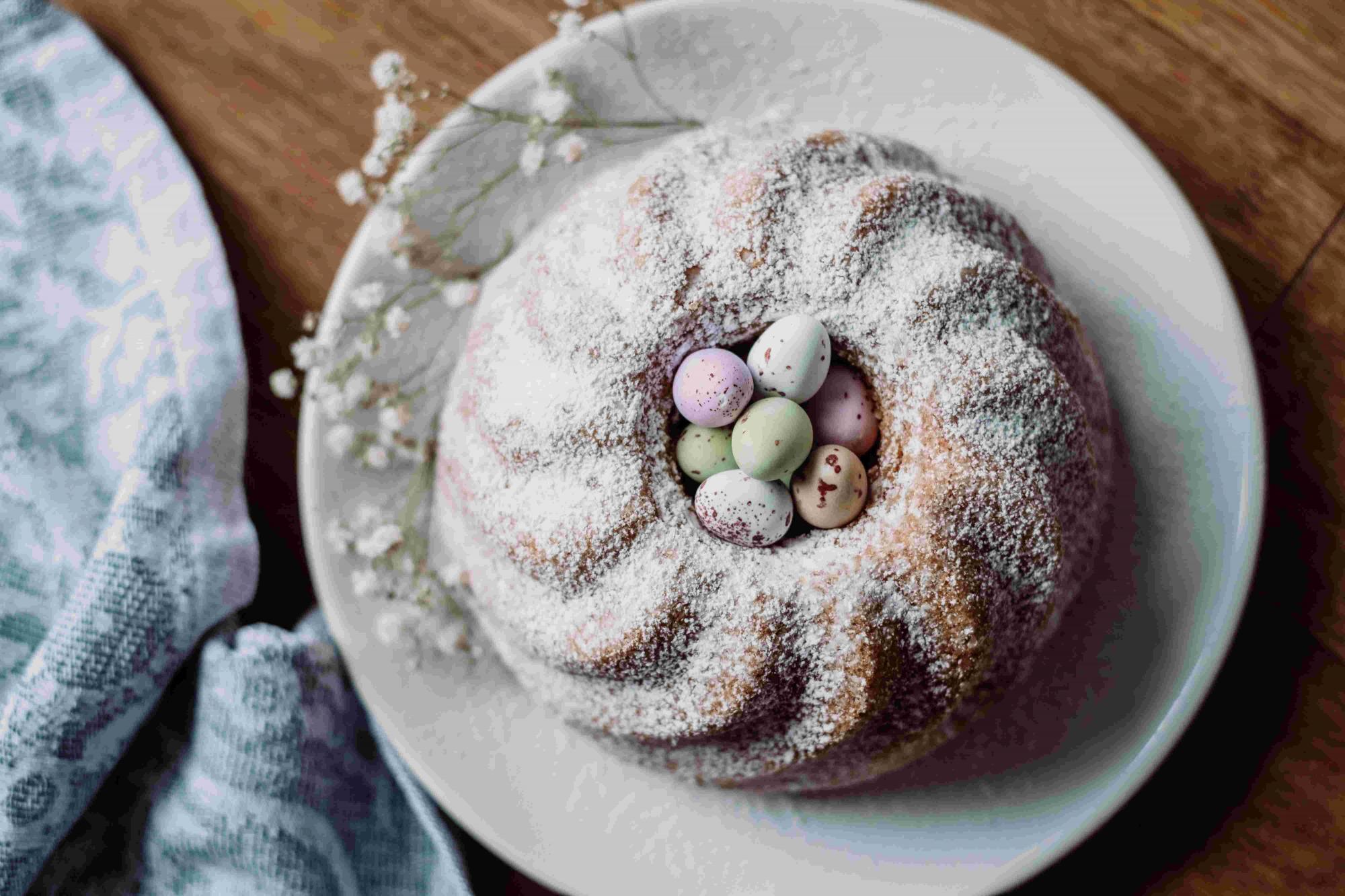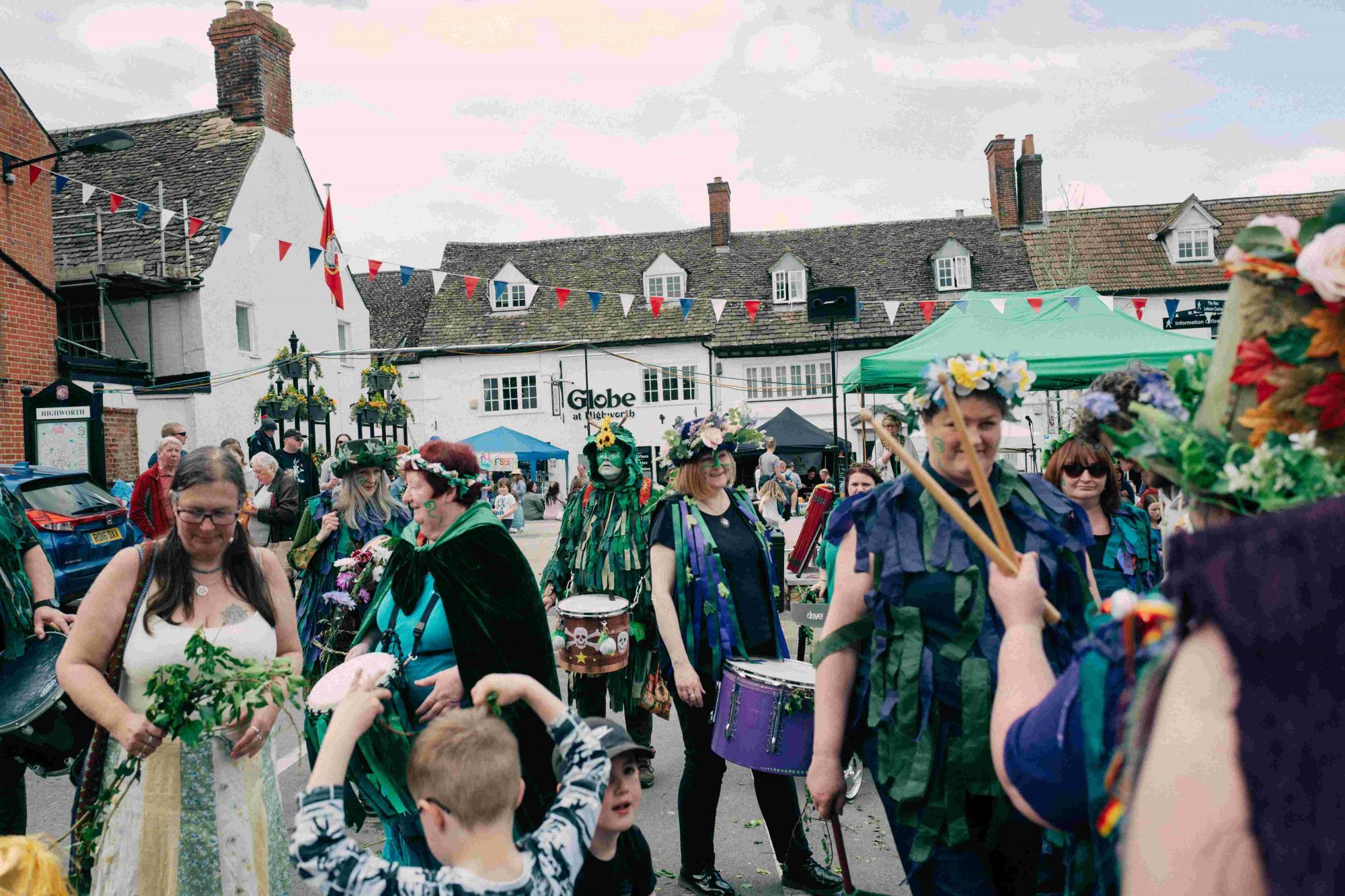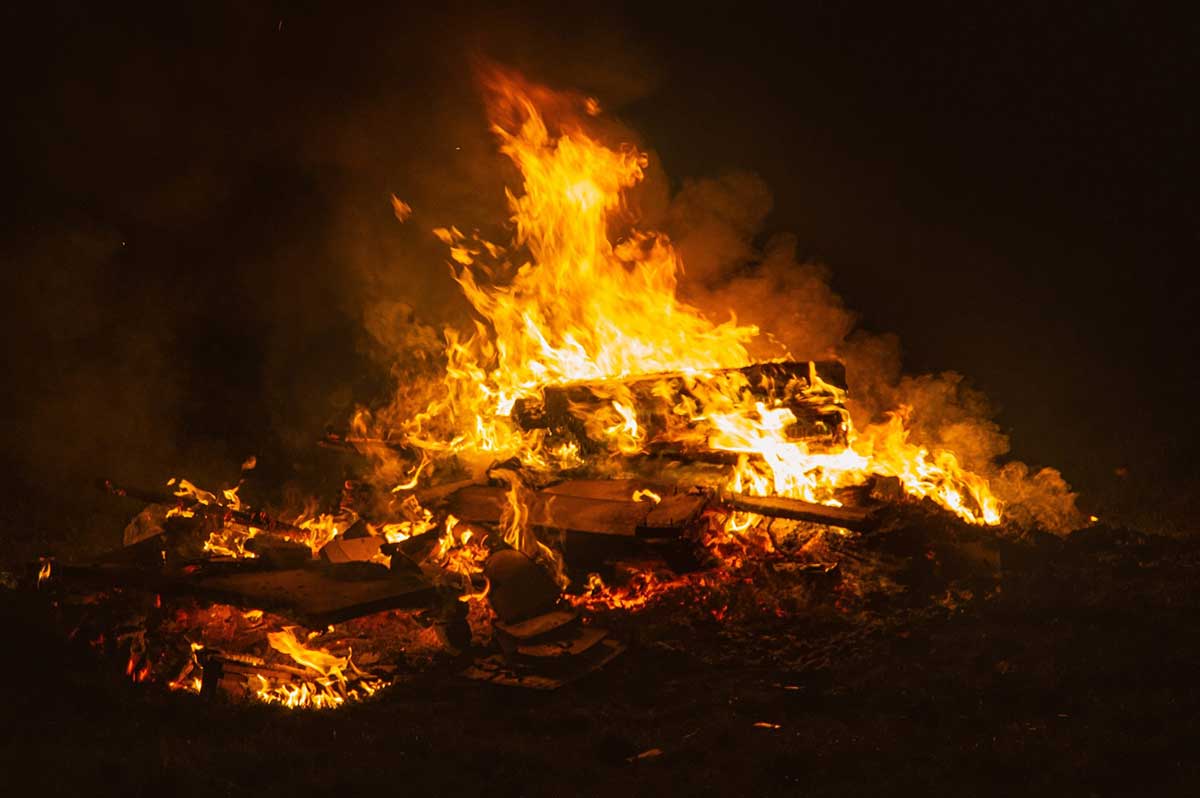Easter is fast approaching, so all over the country the Easter Bunny will be hiding eggs for children to find. We will be tucking in to all the chocolate and hot cross buns we can handle. However, the UK has lots of Easter traditions unique to venues throughout the country.
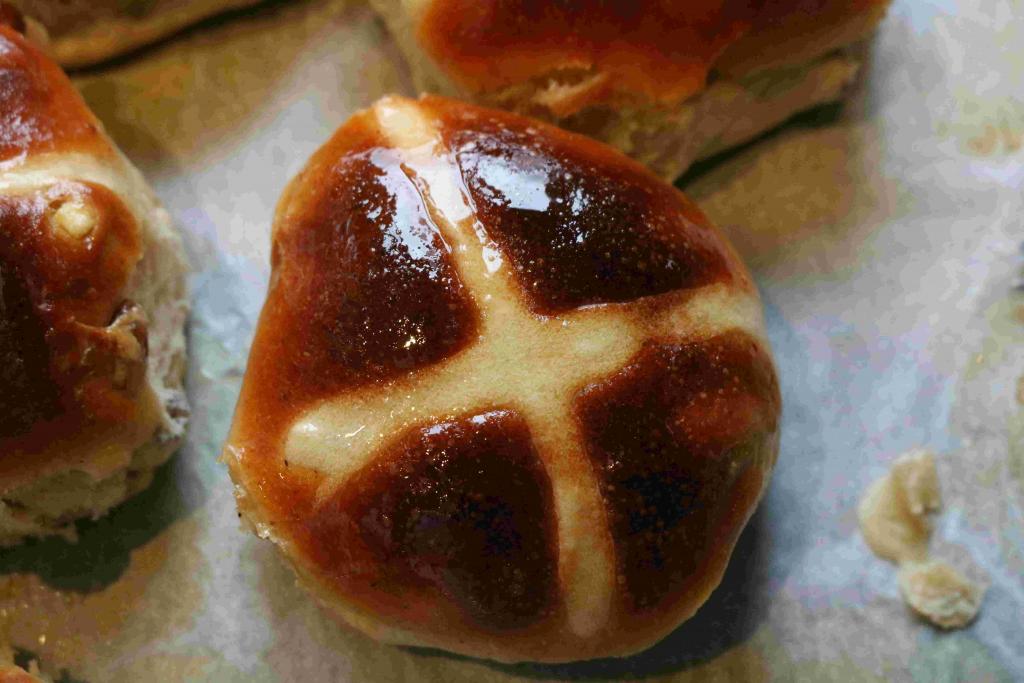
The Widow’s Son Tavern, London
Every Good Friday for over 200 years a bun has been preserved with an ever-growing collection at the Tavern. This tradition has tragic origins, as it began when an 18th century widow saved a bun every year in hopes that her missing sailor son would return.
Church of St Bartholomew the Great, London
Originally, 21 sixpences were placed on a tombstone on Good Friday, which were then given to 21 widows. Nowadays, hot cross buns are given to local children before the morning service.
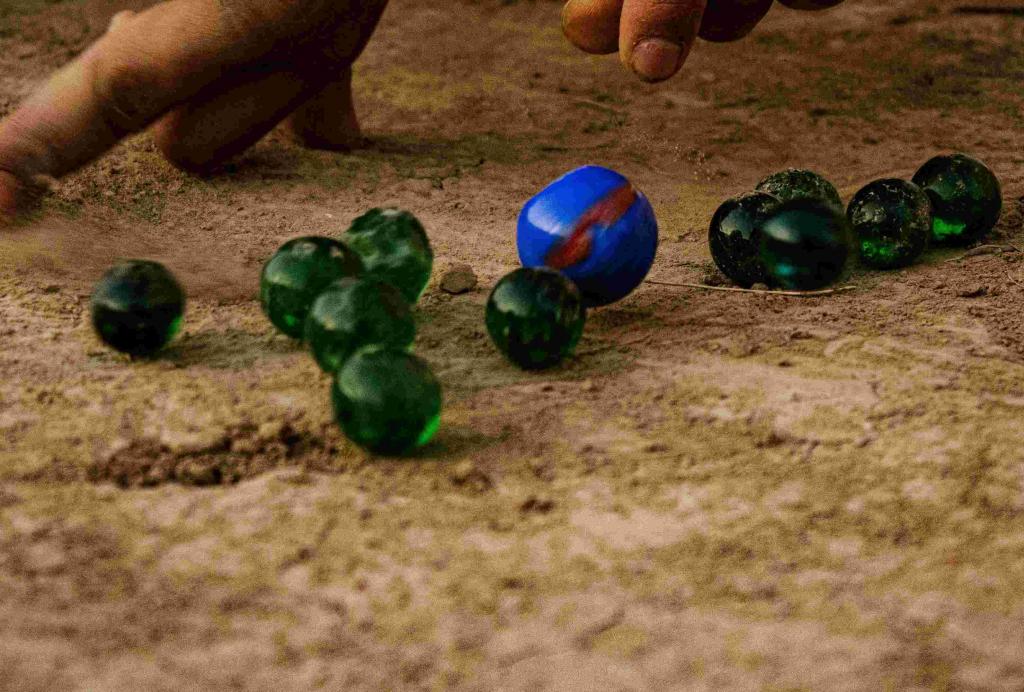
The Greyhound Hotel, Sussex
Between Ash Wednesday and Good Friday, the hotel hosts the British Marble Championship. This game, also known as Ring Taw, has been popular since the Roman Empire.
Upper Calder Valley, Yorkshire
A traditional mime or mummers play is held on Good Friday, known as a Pace-Egg Play. Pace-Egg refers to the Pasch Egg, another name for the Easter Egg. These plays are based on the legend of St George, with cartoonish characters, such as Toss Pot, a version of the devil.
Biddenden, Kent
On Easter Monday, Biddenden cakes are distributed as part of the Biddenden Dole, an ancient charity. These cakes show an image of two women joined on one side, representing conjoined twins, Eliza and Mary Chulkhurst, using the money for the dole of beer, bread, cheese, and cakes. They left acres, called the Bread and Cheese Lands to provide money for the dole.
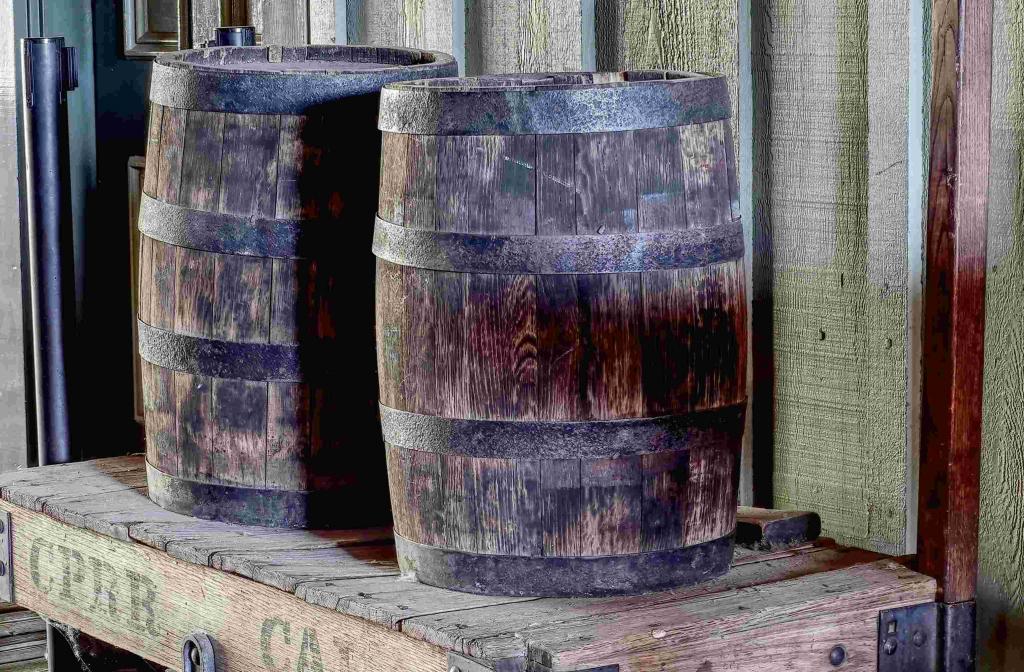
Hallaton, Leicestershire
The Easter Monday festivities start with parading a giant hare pie to the church, where the vicar blesses the pie, beginning the Hare Pie Scramble. This consists of handfuls of the pie being thrown into the crowd, who scramble for pieces of it. After this, the Bottle-Kicking contest between Hallaton and Medbourne starts.
From the Hare Pie Bank, three small casks of beer are fought over by the two teams, each trying to get the casks over their village boundary. There are no rules for the scrum and the final barrel is shared by the two teams. This has been recorded as far back as 1770 but may go back to the Dark Ages.
Are there any special Easter traditions where you are?

